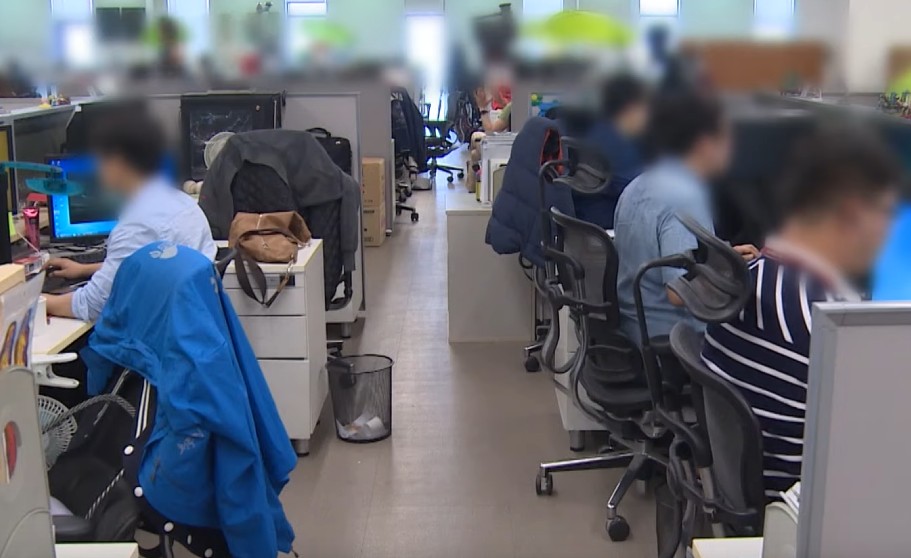The employment landscape in South Korea is becoming increasingly difficult for South Korean youth, with new government data revealing a significant drop in job opportunities for people in their 20s. The challenge isn’t just a statistical trend—it reflects a growing imbalance in the labor market that’s leaving young adults behind.
As of November 2024, the number of wage-paying jobs in the country totaled 20.9 million, a modest increase of just 153,000 from the previous year. This marks the smallest quarterly growth on record and is a steep decline from the 246,000 jobs added in the previous quarter. The slowdown is particularly severe for younger generations.
Jobs for people in their 20s and younger fell by 148,000 positions—a 4.7% decrease—by the end of December. In stark contrast, older workers, particularly those aged 60 and above, saw an increase of 248,000 paid jobs. This trend is partially driven by South Korea’s rapidly aging population and the declining number of young people since mid-2021. Yet, the drop in job opportunities for South Korean youth can’t be explained by demographics alone.
Sectors that traditionally offered entry-level or part-time jobs for younger workers—such as construction, wholesale, and retail—are seeing contractions. With domestic demand remaining sluggish and external pressures like U.S. tariffs affecting trade, South Korea’s labor market is bracing for even slower employment growth ahead. The Korea Development Institute warns that job creation will continue to shrink, further squeezing opportunities for young workers.
Despite being better educated and more digitally skilled than previous generations, South Korean youth are finding it increasingly difficult to enter the workforce. The lack of job openings not only affects their financial independence but also delays major life milestones such as marriage, homeownership, and starting families—contributing to broader social and economic challenges like the country’s record-low birth rate.
As employment prospects dim, there’s a growing call for more targeted support for young people, including job training programs, public sector opportunities, and incentives for businesses to hire younger workers. Without urgent action, the current labor market may further alienate a generation already burdened with economic uncertainty and social pressure.
In a society that heavily emphasizes success through stable employment, the worsening conditions for South Korean youth threaten to undermine both individual well-being and the nation’s long-term economic resilience.














Leave a Reply